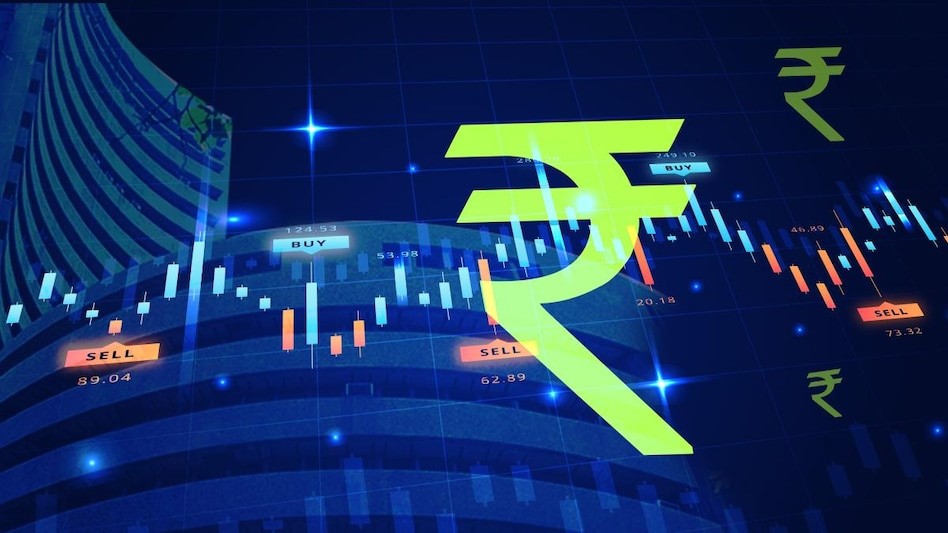





Disclaimer: Copyright infringement not intended.
Context
Imported Inflation:
Impact of a Fall in the Rupee:
Rise in Import Costs Without Currency Depreciation:
Criticism of the Concept:
Value Imputation:
Currency Depreciation and Demand:
|
IN A NUTSHELL, What is imported inflation? When the general price level rises in a country because of the rise in prices of imported commodities, inflation is termed as imported. India imports about three quarters of its total crude oil consumption. Therefore, if the oil prices go up in the international market, inflation in India will also go up due to higher prices of the petroleum products. Fuel and power has 14.91% weightage in the Wholesale Price Index in India. However, it is not always necessary that only rise in the price of a traded commodity in the international market fuels imported inflation. Inflation may also rise because of depreciation of the domestic currency. For example, if the rupee depreciates by 20% against the US dollar in a particular period, the landed rupee cost of oil will also go up by the same proportion and will affect the price levels and inflation readings. The fluctuation in global commodity prices works both ways. In fact, it is argued that low-priced exports from China resulted in low inflation over the years in the developed world, which allowed central banks such as US Federal Reserve to keep interest rates low for too long leading to an asset price bubble in the real estate market. The policy response Should central banks react to inflation going up or coming down because of price movement in the globally traded commodity? It is prudent on the part of the central bank to take imported inflation into account in policymaking as it affects the inflationary expectations in the country. RBI raised interest rates when oil prices were rising before the financial crisis of 2008. The Federal Reserve also raised interest rates in the 1970s to fight inflation when it was primarily driven by rising energy prices in the international market. If the central banks decide not to intervene because of the imported nature of inflation, inflationary expectations will drive prices to much higher levels at which the central banks may lose control of the situation. |
|
PRACTICE QUESTION Q. Explain the concept of imported inflation and its economic implications. Evaluate the effectiveness of monetary and fiscal policies in mitigating the effects of imported inflation. |
SOURCE: THE HINDU








© 2025 iasgyan. All right reserved